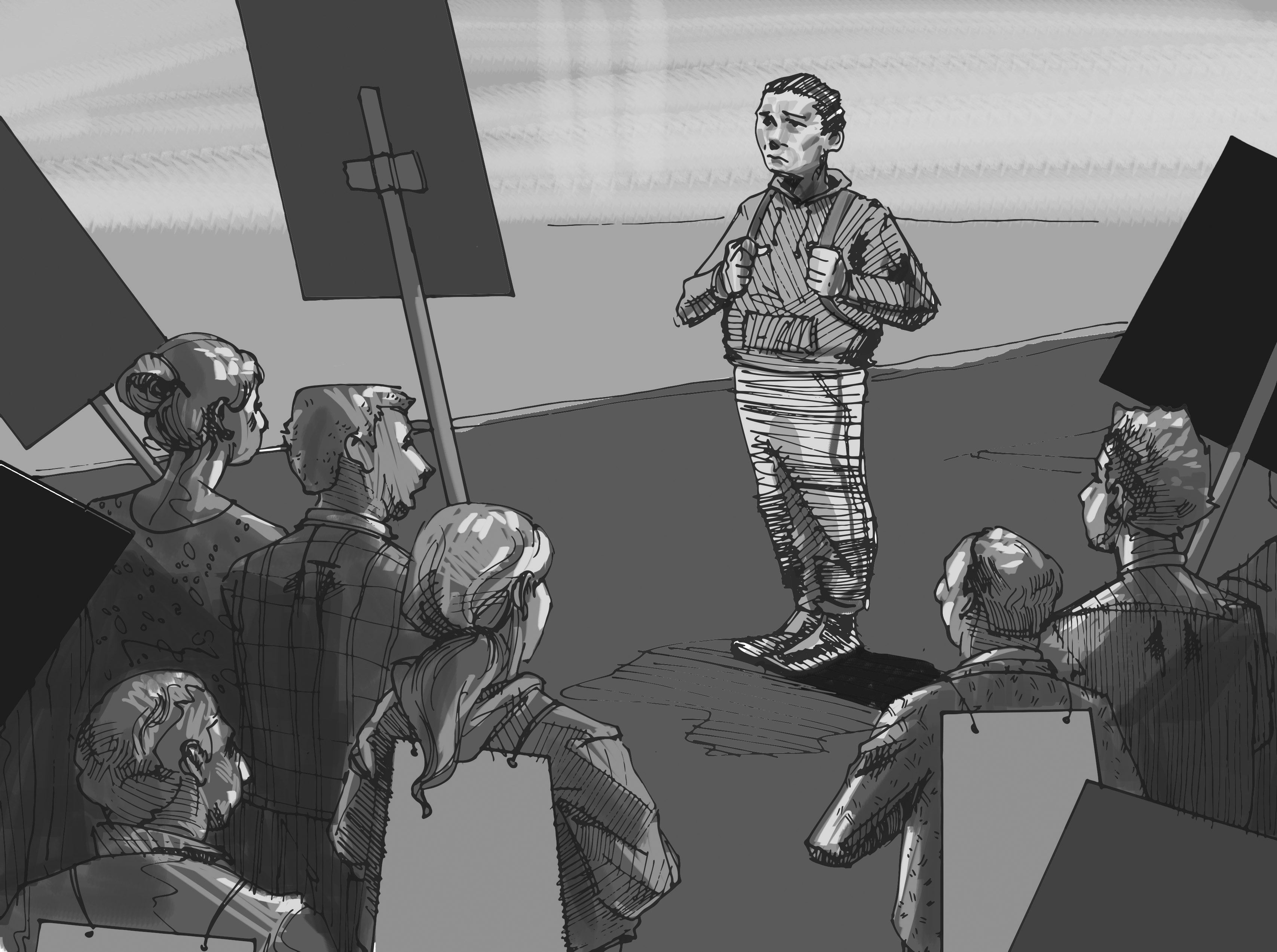On Monday, Oct. 21, a deal was struck at the 11th hour between the U of M administration and the U of M Faculty Association (UMFA), narrowly avoiding a strike. Three points of contention between the two sides that led the UMFA to call the strike were: academic freedom, the potential introduction of performance management standards to the faculties, and faculty amalgamations.
The UMFA has previously gone on strike – once in 1995 and again in 2001.
In three areas of this year’s strike negotiations, the faculty was granted what they were asking for at the last minute, and thus called off the strike.
“We were as successful as we were in this bargaining only because we got a strike vote and we had a strike deadline,” said Robert Chernomas, economics professor at the U of M. “We had spent six months bargaining with the Barnard administration, and had gotten nowhere. In 48 hours before the strike we got all the things that we needed.”
In an email from the UMFA circulated to the faculty at 11:37 p.m. on Monday night, the three key sticking points were described in detail.
“UMFA has finished the first mediation phase of bargaining. We have made gains in the following key areas:
Academic freedom: improvements to existing academic freedom language, with the explicit right to criticize the administration, and to exercise our right to free speech outside the university without fear of reprisal;
Performance management: in assessing the performance of members generally, or in relation to tenure and promotion, and when setting criteria for research, publication, and venue the university agrees to act reasonably, fairly, in a non-arbitrary manner, in good faith, and consistent with the principles of academic freedom;
Faculty amalgamations: assurances that there will now be a more transparent process; decisions at faculty/school councils will now be clearly and completely communicated to senate; and a provision for secret ballot voting on any motion for amalgamation at faculty/school councils.”
The email also stated that the issue of mandatory retirement was addressed in the negotiations. According to the email, the policy has been dropped, “with the option for current members aged 65 or older to go on half time appointments for up to five years before full retirement.”
According to John Danakas, director of the marketing and communications office at the U of M, “There is general agreement to change the mandatory requirement that faculty reduct to halftime at age 69, but the parties have not been able to agree on certain transitional provisions.”
University of Manitoba president David Barnard issued a memo on Oct. 17 saying that the administration was not attempting to impose a performance management system, and was not attempting to erode academic freedom at the university.
However, the U of M Faculty Association was wary of any contract that omitted language explicitly protecting their right to speak out on matters of public interest and to criticize the university. By leaving out these protections, the faculty association feared that their right to free speech could be curtailed.
Chernomas said, “Most contracts in the country have language protecting academic freedom, and they, [the administration], weren’t willing to give it. Why wouldn’t they allow us to have it in the contract? It’s because they didn’t want us to be able to be critical of the administration and exercise our civil rights in public. We had to have a near strike to make that happen.”
Danakas told the Manitoban, “The University of Manitoba is committed to protecting academic freedom and made it very clear that it was prepared to add language to current academic freedom policies. The differences over academic freedom were not over whether or not to protect academic freedom but rather over what that language would look like.”
Remaining issues such as faculty parking rates and “the privacy of faculty members and their work” will be worked out through arbitrated settlement.
“The administration wanted to arbitrate on things like academic freedom, and we don’t want to arbitrate on things that are that important. On matters like money and other issues, arbitration is possible. When it comes to academic freedom we needed a negotiated settlement,” said Chernomas.
The university administration had offered the faculty a four-year deal, with an 8.9 per cent pay increase, while the faculty wanted 5.9 per cent over two years.
The UMFA had contended that a four-year deal would have given an undue amount of control to the administration; giving it “a free hand to refashion the university without the approval of academic staff [ . . . ] A two-year agreement gives UMFA members another chance to have an impact on these transformative processes through collective bargaining.”
“All monetary issues were resolved with a new salary structure which will make the university more competitive in recruiting and retaining bright young faculty members,” Danakas told the Manitoban.



